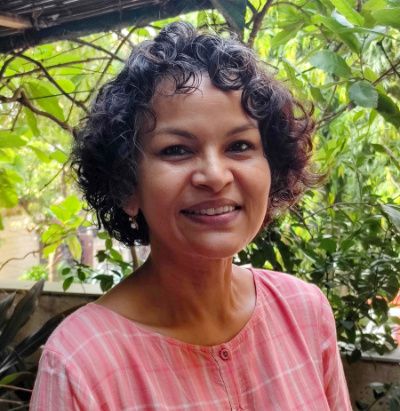
Cooking and Cooling in an Age of Global Warming
Seminar in Critical Development Studies co-hosted by the Graduate Field of Development Studies, Department of Global Development, the Mario Einaudi Center for International Studies, the South Asia Program, and the Department of Anthropology
Abstract:
Even in north India cities, with their centuries-old practices of living in a hot, dry climate, global warming poses a new challenge. My talk focuses on the shifts brought about by climate change and how they interact with patterns of accelerated urban growth since the 1990s. In particular, I will examine how living conditions are shaped by inequalities in access to decent work and housing, exacerbated by economic liberalization policies. In this context, how does climate change affect the social experience of urban life? From individual households to neighborhoods to wider public spaces, how do people understand and deal with heat? I hope to suggest some avenues for future research by reflecting on my work in Delhi, India.
About the speaker:
Amita Baviskar is a Professor of Environmental Studies and Sociology and Anthropology at Ashoka University (India). Her research and teaching address the cultural politics of environment and development in rural and urban India. She focuses on the role of social inequality and identities in natural resource conflicts. Currently, she is working on the politics of food and changing agrarian environments in Madhya Pradesh and studying the social experience of air pollution in Delhi.
After studying Economics and Sociology at the University of Delhi, she received a PhD in Development Sociology from Cornell University. Besides working at the Department of Sociology, University of Delhi, and at the Institute of Economic Growth, Delhi, she has been a visiting scholar at several universities including Stanford, Cornell, Yale, SciencesPo, University of California at Berkeley and the University of Cape Town.
Her first book In the Belly of the River: Tribal Conflicts over Development in the Narmada Valley and other writings explore the themes of resource rights, popular resistance and discourses of environmentalism. Her recent publications include the edited books Elite and Everyman: The Cultural Politics of the Indian Middle Classes (with Raka Ray) and First Garden of the Republic: Nature on the President’s Estate. In January 2020, she published Uncivil City: Ecology, Equity and the Commons in Delhi.
Her contributions to developing the field of environmental sociology in India and to the study of social movements have been recognised by her peers. She was awarded the 2005 Malcolm Adiseshiah Award for Distinguished Contributions to Development Studies, the 2008 VKRV Rao Prize for Social Science Research, and the 2010 Infosys Prize for Social Sciences.